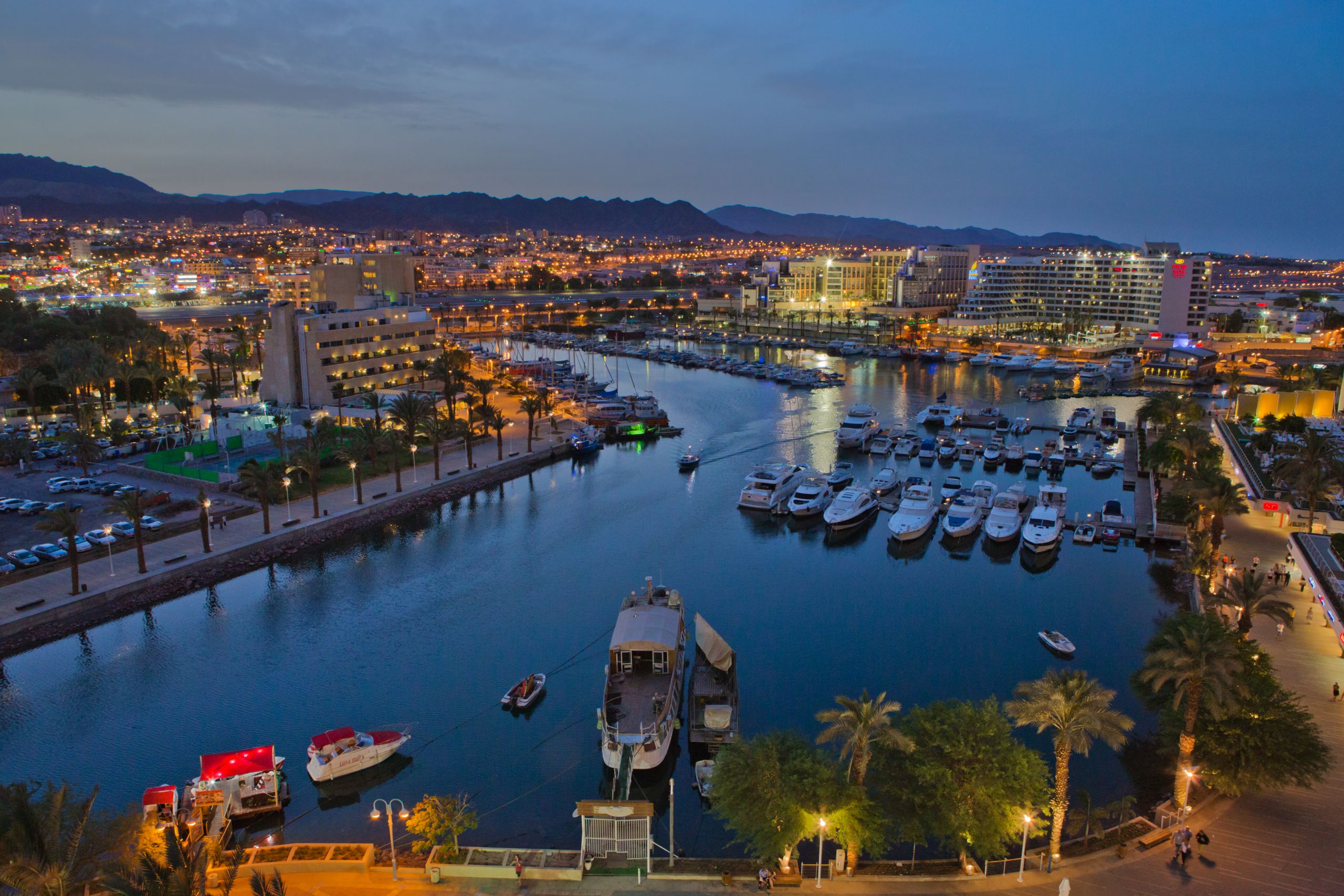Eilat's Pilot City Activity: TourZero - Accelerated decarbonisation in the tourism industry

©Wikipedia CC BY-SA 2.0 israeltourism Eilat
Background
Eilat accelerates decarbonisation in the tourism industry via the nexus of green innovation, cross-sectoral governance and systemic capacity building.
Eilat, a popular tourism destination, faces significant challenges in achieving its ambitious goal of becoming a net-zero city by 2030. With tourism contributing to 80% of employment, the sector is both a key economic driver and a major source of greenhouse gas emissions. The city grapples with issues such as energy inefficiency in hotels, high transportation-related emissions, and the environmental impact of rapid tourism growth. Challenges also include waste management, food waste, and the need for sustainable mobility solutions.
The TourZero initiative seeks to address these barriers by implementing a multifaceted approach that encompasses energy efficiency improvements, waste reduction measures, sustainable mobility solutions, and the engagement of local businesses and communities. Overcoming these challenges is crucial not only for environmental sustainability but also for ensuring the resilience and economic well-being of the city, particularly in the face of global challenges such as climate change and the recent disruptions caused by conflicts and the COVID-19 pandemic.
Description of Activities
- Energy Efficiency in Hotels: Conducting energy audits, introducing sustainable financial models, and implementing energy-efficient technologies to reduce operational costs and carbon emissions.
- Waste and Food Waste Reduction: Implementing waste management strategies and collaborating with experts to reduce food waste, aiming for both environmental and cost benefits.
- Sustainable Mobility: Developing and testing green transportation models, engaging with public transit companies, and regulating micro-mobility solutions to mitigate the impact of private cars on emissions.
- Capacity Building: Establishing the Climate Champions Programme to educate and empower industry leaders, creating change agents within the tourism sector.
- Living Labs: Creating dynamic testing grounds to evaluate green technology and services in energy, waste, and transportation, ensuring science-backed solutions with proven track records.
- Climate Acceleration Hub: Forming an innovative governance model to coordinate and scale up pilot activities involving stakeholders from hotels, government ministries, and the wider community.
Objective
To accelerate decarbonisation in the tourism industry by increasing energy efficiency, reducing food waste in hotels, and creating long-term net zero-emission transport solutions.
Are the pilot activities building upon or part of a previous and/or existing activity?
TourZero leverages and builds upon previous and existing initiatives in Eilat, including the city’s commitment to 100% net zero by 2030 and participation in the Covenant of Mayors. It integrates findings from the current GHG emissions report, aligns with the Smart City Strategic Plan, and capitalises on ongoing projects like the Eilat Solar initiative and participation in European Union-funded projects (BERLIN and ProcuRE). The pilot synergises with the Climate Change Adaptation and Mitigation Action Plan, the Energy Independence Plan, and collaborations with the Hotels Association, governmental ministries, and NGOs.
Which emissions domains will the pilot activities address?
Systemic transformation – levers of change the pilot activities will exploit
Stakeholder types that the city would like to engage in the pilot activities
Transferable features of the pilot activities to a Twin City/ies
- Climate Acceleration Hub Model: The establishment of a Climate Acceleration Hub as a governance model, serving as a platform for collaboration among municipalities, businesses, and residents, can be replicated to facilitate cross-sectoral efforts in Twin Cities.
- Living Labs Approach: The Living Labs concept, serving as dynamic testing grounds for green technology and services, can be replicated to accelerate the deployment of sustainable solutions in energy, waste, and transportation or other domains in Twin Cities.
- Climate Champions Programme: The Climate Champions Programme, focused on building systemic capacity within the tourism industry through training, mentoring, and practical solutions, can be replicated to engage the private sector in championing climate mitigation in Twin Cities.
- TourZero Toolbox: The comprehensive TourZero Toolbox, outlining steps from initial engagement to intervention development and techno-economic assessment, can be shared as a blueprint for Twin Cities looking to reduce their carbon footprint in the tourism sector.
This answer is not exhaustive and simply an indicative one.
Enabling conditions that will support the successful replication of your pilot activities in the Twin City
- Personnel at the Climate Acceleration Hub (the governance body of the TourZero Pilot) are skilled at mentoring and supporting efficient dissemination processes.
- Processes to support accurate planning, execution, and evaluation of interventions.
- Transparent and organised knowledge transfer, in collaboration with all the stakeholders.
This answer is not exhaustive and simply an indicative one.
What does the city want to learn from Twin City/ies?
- Financial models for the private sectors (energy and waste)
- Decentralised waste management
- Governance schemes involving different types of stakeholders from different sectors
- Low GHG mobility solutions for tourism
This answer is not exhaustive and simply an indicative one.

